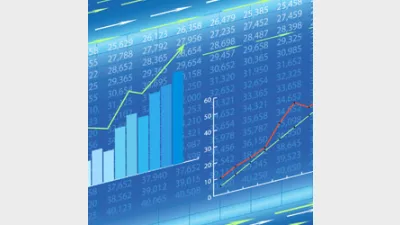Fidelity sets defensive asset allocation for 2012



 Fidelity Worldwide Investment has entered 2012 with its portfolios "as defensively positioned as they were throughout 2008", according to director of asset allocation Trevor Greetham.
Fidelity Worldwide Investment has entered 2012 with its portfolios "as defensively positioned as they were throughout 2008", according to director of asset allocation Trevor Greetham.
The fund manager is continuing to favour bonds over equities, and is underweight in commodities (although it is overweight in gold), he said.
When it comes to global equity markets, Fidelity has a preference for the US because it is "still the most likely to stimulate its economy to protect economic growth and jobs", Greetham said. Swiss equities were also looking attractive due to their defensive qualities, he added.
The world is currently experiencing a "second round" of the global financial crisis (GFC), as Eurozone sovereign debt rapidly loses its status as a risk-free asset, Greetham said.
The problems in Europe are being exacerbated because the policy measures being enacted are making the problem worse, he added.
"Policy makers are addressing the crisis by insisting on ever deeper austerity, by threatening banks with injections of public capital and by hinting that countries that don't follow the rules can leave the euro," Greetham said.
Instead of seeking to deflate wages and asset prices on the periphery of the Eurozone, policymakers should be looking to inflate the core, he said. Alternatively, a weaker euro exchange rate could be put in place, which would have the effect of boosting German exports, Greetham said.
But despite the dismal picture in Europe, a bullish case for 2012 can still be made, said Greetham.
"It rests on a US-led economic upswing strong enough to offset anticipated weakness in the European economy, and it assumes the worst-case scenario of a messy euro break-up can be avoided," he said.
However, Greetham was doubtful that financial contagion from Europe could be avoided.
Recommended for you
The structural shift towards active ETFs will reshape the asset management industry, according to McKinsey, and financial advisers will be a key group for managers to focus their distribution.
ASIC has warned that practices across the $200 billion private credit market are inconsistent and, in some cases, require serious improvement.
A surge in electricity prices has driven the monthly Consumer Price Index to its highest level in a year, exceeding forecasts.
Infrastructure well-positioned to hedge against global uncertainty, says investment chief.








